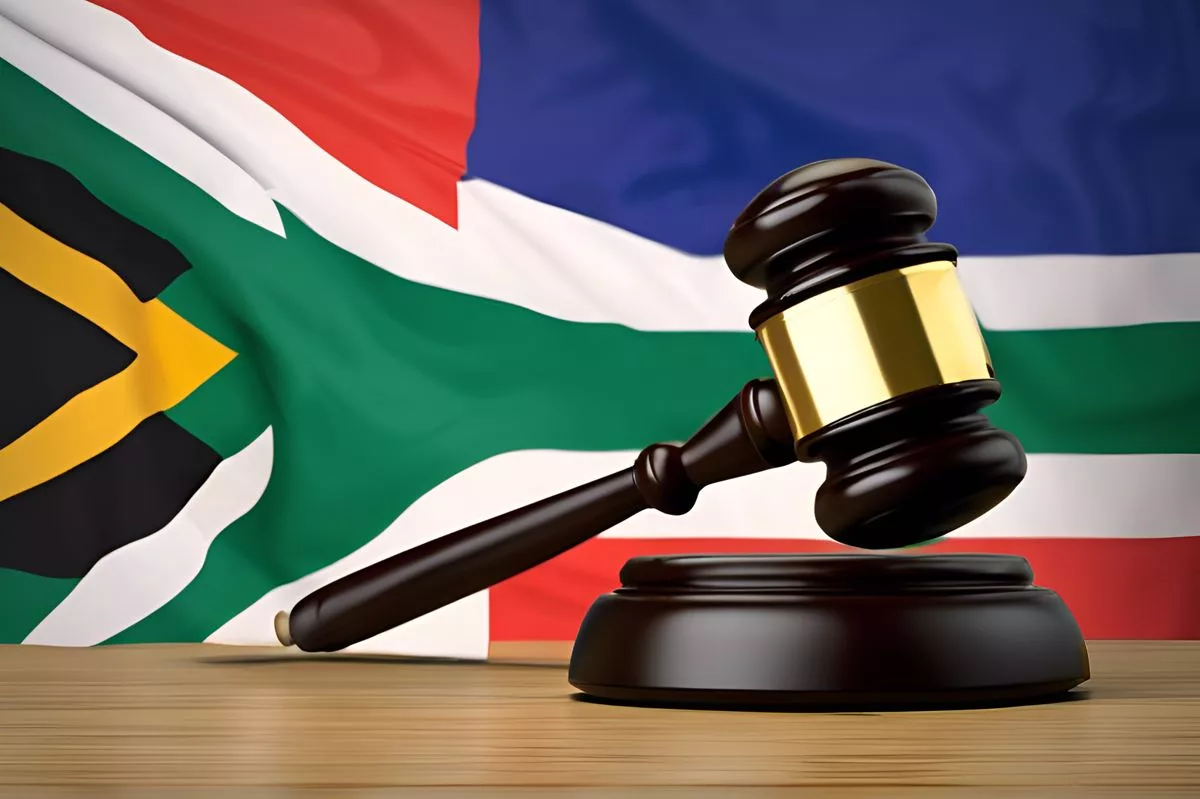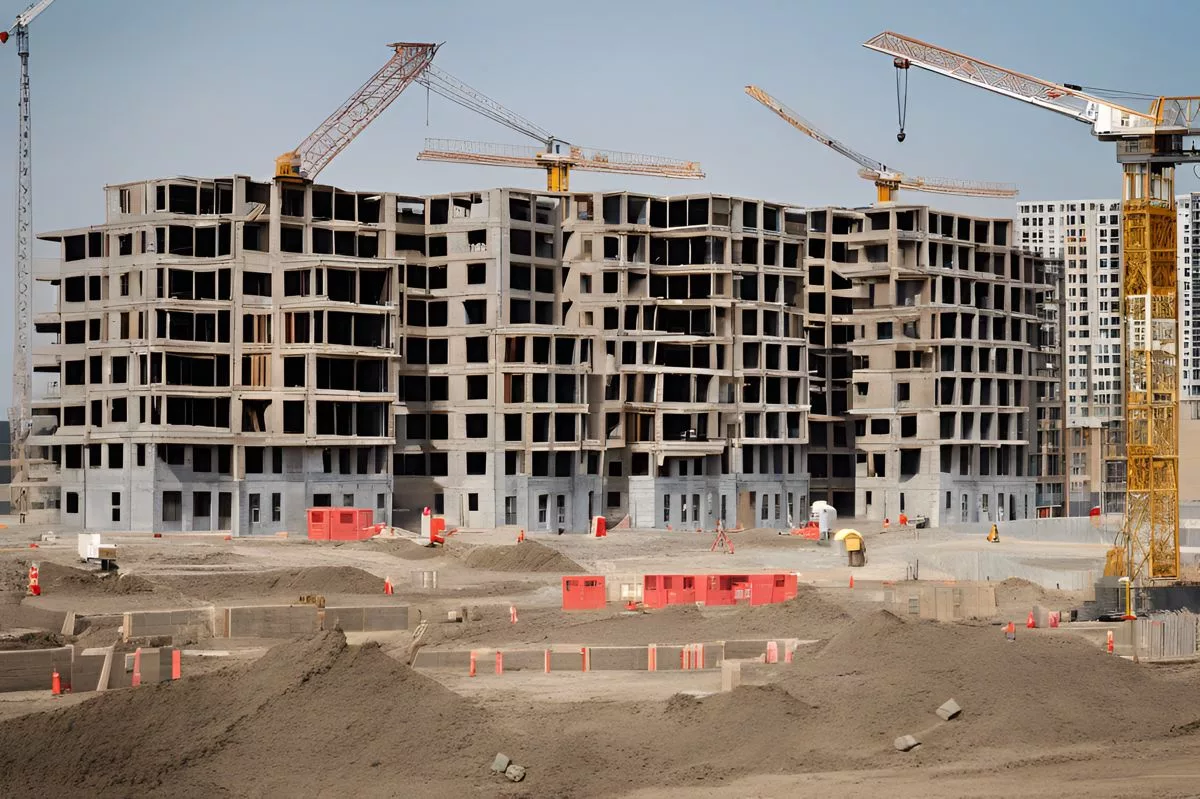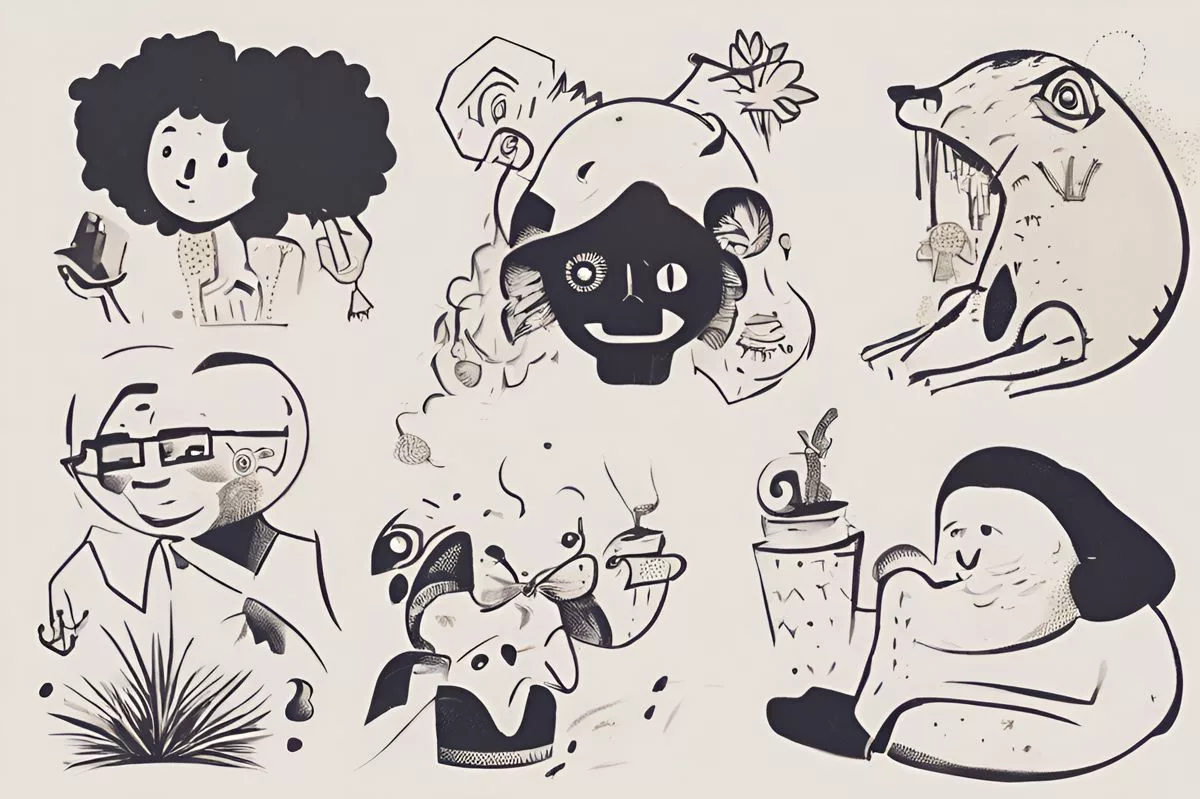The Economic Freedom Fighters (EFF) and its leader Julius Malema are facing a lawsuit worth R1 million over allegations of hate speech. The complainant claims that remarks made by Malema and other party members were directed at him, resulting in his self-imposed exile. The South African Human Rights Commission has joined the lawsuit, which will be presented as a civil action before Judge Mark Sher in the Cape Town Equality Court. The lawsuit highlights the tension between politics, social justice, and personal rights in South Africa.
Lawsuit Against EFF and Julius Malema
The Economic Freedom Fighters (EFF) and Julius Malema, its chief, are facing a lawsuit worth R1 million due to allegations of hate speech. The complainant, Dante van Wyk, claims that remarks made by Malema and other party members stoked fear and were directed at him, resulting in his self-imposed exile. The South African Human Rights Commission has joined the lawsuit as a co-applicant, which will be presented as a civil action before Judge Mark Sher in the Cape Town Equality Court.
Lawsuit Against EFF and Julius Malema
In an unexpected turn of events, the Economic Freedom Fighters (EFF), a highly influential South African political party, and its chief Julius Malema, find themselves embroiled in a lawsuit with an approximate value of R1 million. The lawsuit is grounded in allegations of hate speech. Dante van Wyk, the complainant, who was recently accused of attacking EFF supporters at a controversial event referred to as the ‘Battle of Brackenfell,’ has initiated the lawsuit.
Van Wyk contends that not only did the comments made by Malema and other party members stoke fear, but they were also explicitly directed at him. This perceived menace has resulted in van Wyk’s self-enforced exile. The pivotal point of van Wyk’s lawsuit centers around a statement made by Malema during a provincial rally of the party on October 16, 2022. Malema stated boldly in his speech, “One must never be afraid of taking a life, as revolutionary action inherently entails violence.”
Threatening Remarks and Legal Support
Beyond the rally, van Wyk brings to attention intimidating remarks made on social media, which further enhanced his sense of danger. Disturbing assertions such as, “His name is Danté van Wyk. We are in the process of tracing his address. He will be apprehended soon. Whether dead or alive. We will return with him,” and, “All your white Racist Rednecks, soon you will meet your maker,” have heightened his anxiety.
In reaction to these accusations, the South African Human Rights Commission (SAHRC) has joined the lawsuit as a co-applicant. The case will be presented as a civil action before Judge Mark Sher in the Cape Town Equality Court.
The infamous ‘Battle of Brackenfell’ alludes to a series of demonstrations led by the EFF in 2020 at Brackenfell High School. These protests emerged after allegations surfaced of a purportedly exclusive ‘whites-only’ matric dance party. The situation quickly escalated into a violent face-off involving EFF protestors, officers of the South African Police Service, private security firms, and the local community.
Detailed Investigation and The Bigger Picture
Subsequent to the incident, the South African Human Rights Commission (SAHRC) conducted an extensive investigation, the results of which were revealed in 2022. The probe established that “the school did not organize a whites-only matric ball and hence did not discriminate, either directly or indirectly, fairly or unfairly, against Grade 12 learners based on race.” It was also revealed that pupils from other schools were invited to the event without any suggestion or directive to restrict invitations to white learners.
The lawsuit against the EFF and Julius Malema is a vivid display of the ongoing tension between politics, the pursuit of social justice, and personal rights in South Africa. As the case progresses, it is bound to further disclose the deeply ingrained tensions that saturate the nation’s societal fabric. The involvement of the SAHRC as a co-applicant highlights the seriousness of the matter and the need for a comprehensive review of all the facts.
In an era where freedom of speech is often weighed against the obligation to shield individuals from hate speech, this lawsuit serves as a glaring example of the delicate equilibrium societies must strive to maintain. The outcome of the case is uncertain, but it undeniably carries substantial implications for South Africa’s political landscape and its continued quest for racial harmony.
What is the lawsuit against the EFF and Julius Malema about?
The lawsuit against the Economic Freedom Fighters (EFF) and Julius Malema is grounded in allegations of hate speech. The complainant, Dante van Wyk, claims that remarks made by Malema and other party members stoked fear and were directed at him, resulting in his self-imposed exile. The lawsuit is worth R1 million and will be presented as a civil action before Judge Mark Sher in the Cape Town Equality Court.
Who is the complainant in the lawsuit?
The complainant in the lawsuit against the EFF and Julius Malema is Dante van Wyk. He was recently accused of attacking EFF supporters at a controversial event referred to as the ‘Battle of Brackenfell.’
What is the South African Human Rights Commission’s involvement in the lawsuit?
The South African Human Rights Commission (SAHRC) has joined the lawsuit against the EFF and Julius Malema as a co-applicant. This highlights the seriousness of the matter and the need for a comprehensive review of all the facts.
What is the ‘Battle of Brackenfell’?
The ‘Battle of Brackenfell’ alludes to a series of demonstrations led by the EFF in 2020 at Brackenfell High School. These protests emerged after allegations surfaced of a purportedly exclusive ‘whites-only’ matric dance party. The situation quickly escalated into a violent face-off involving EFF protestors, officers of the South African Police Service, private security firms, and the local community.
What did the investigation into the ‘Battle of Brackenfell’ reveal?
The South African Human Rights Commission (SAHRC) conducted an extensive investigation into the ‘Battle of Brackenfell’ and revealed that the school did not organize a whites-only matric ball and hence did not discriminate, either directly or indirectly, fairly or unfairly, against Grade 12 learners based on race. It was also revealed that pupils from other schools were invited to the event without any suggestion or directive to restrict invitations to white learners.
What are the implications of the lawsuit for South Africa’s political landscape?
The outcome of the lawsuit against the EFF and Julius Malema is uncertain, but it carries substantial implications for South Africa’s political landscape and its continued quest for racial harmony. As the case progresses, it will likely further disclose the deeply ingrained tensions that saturate the nation’s societal fabric.










